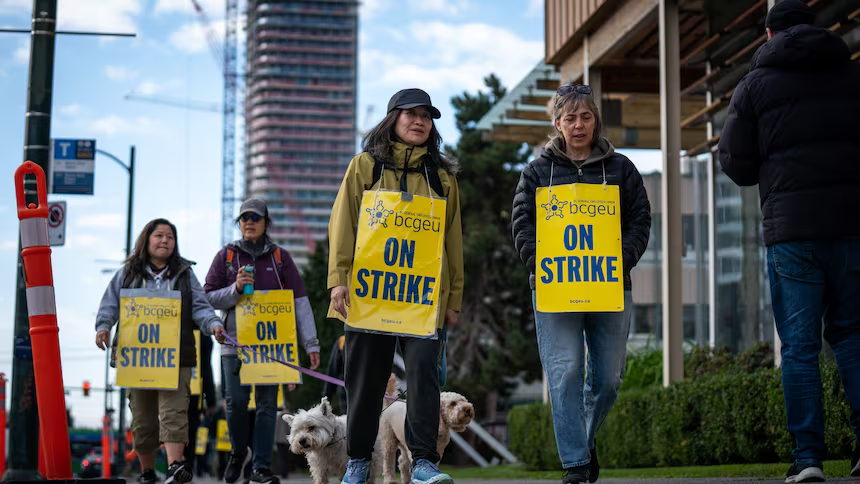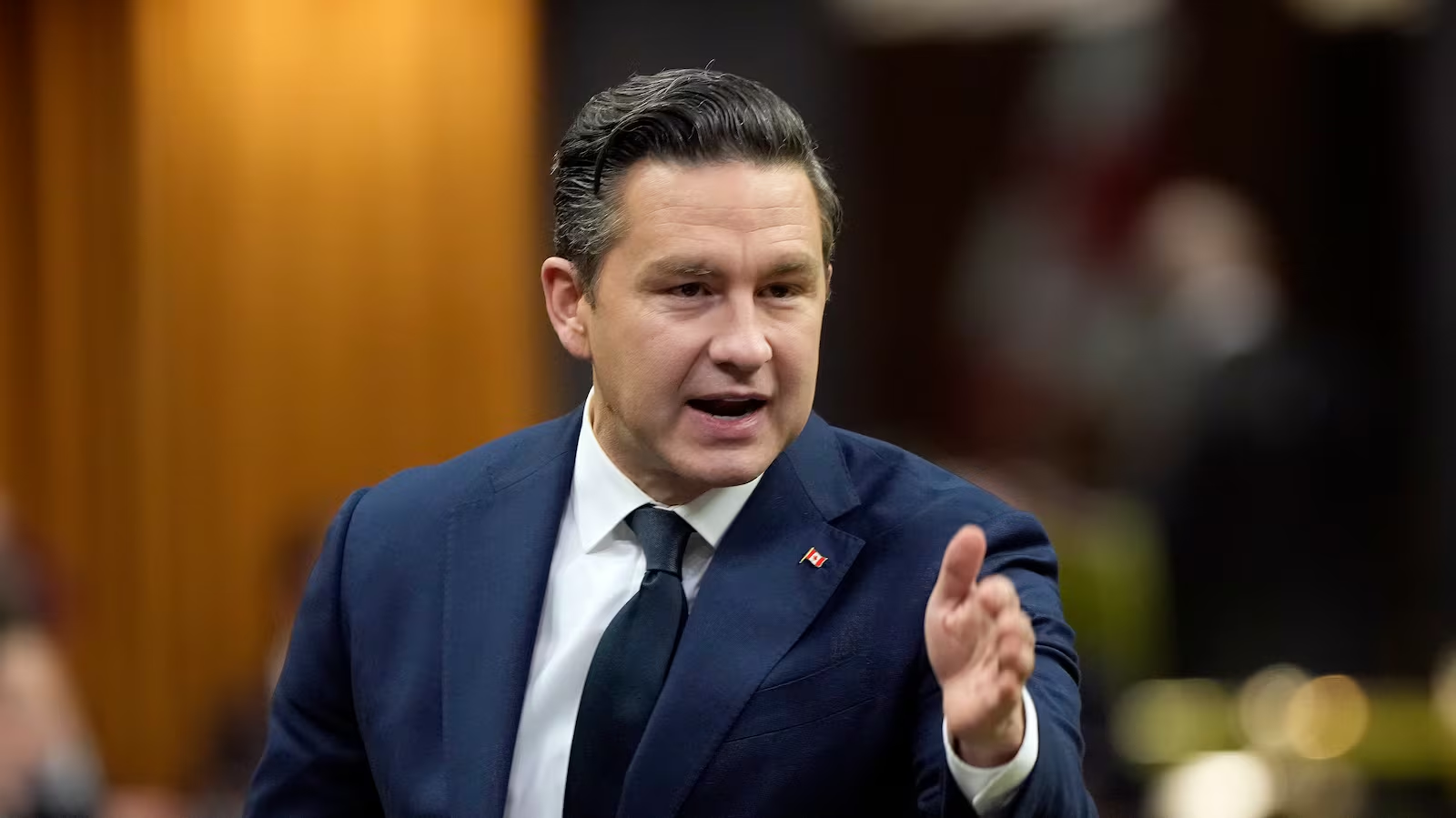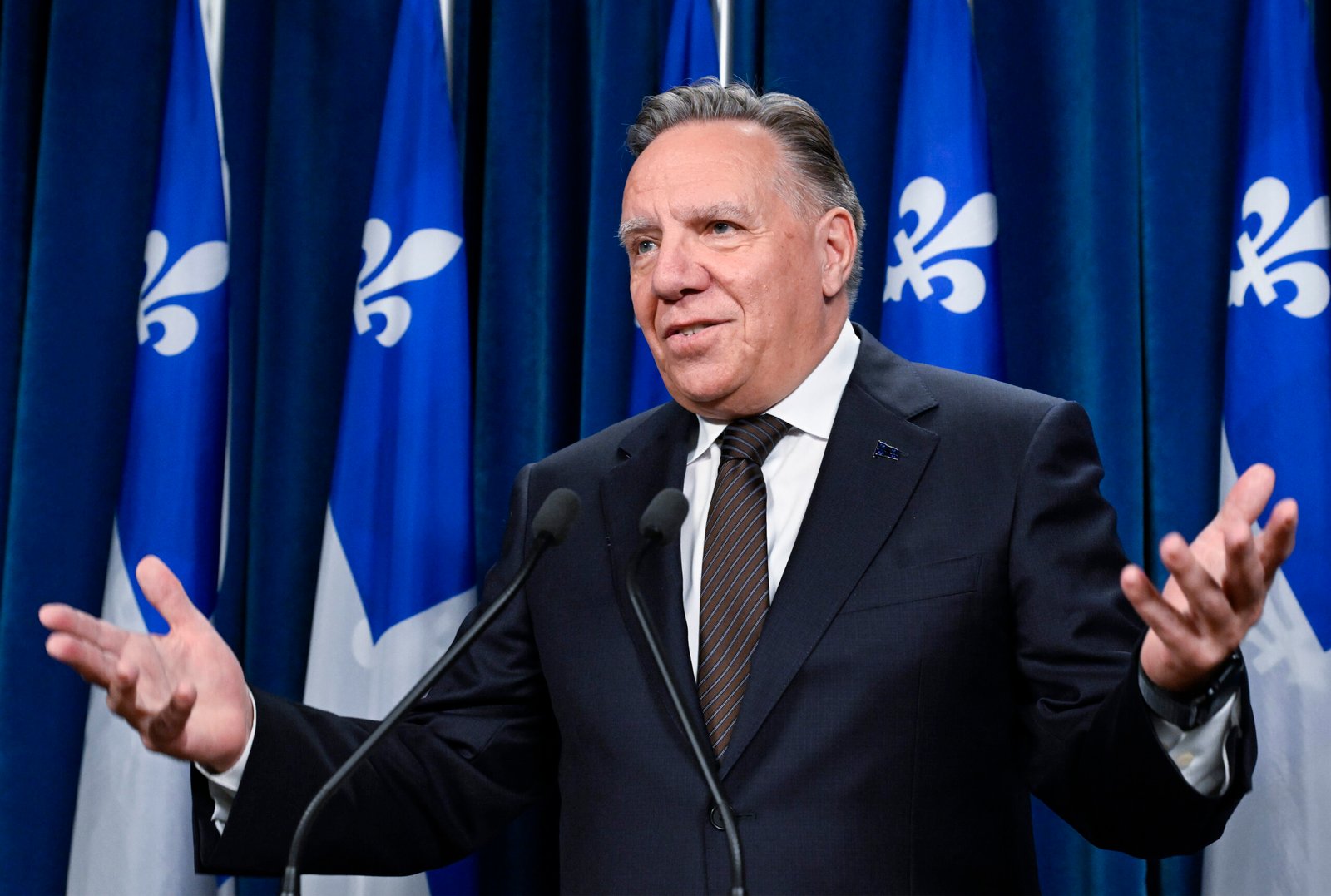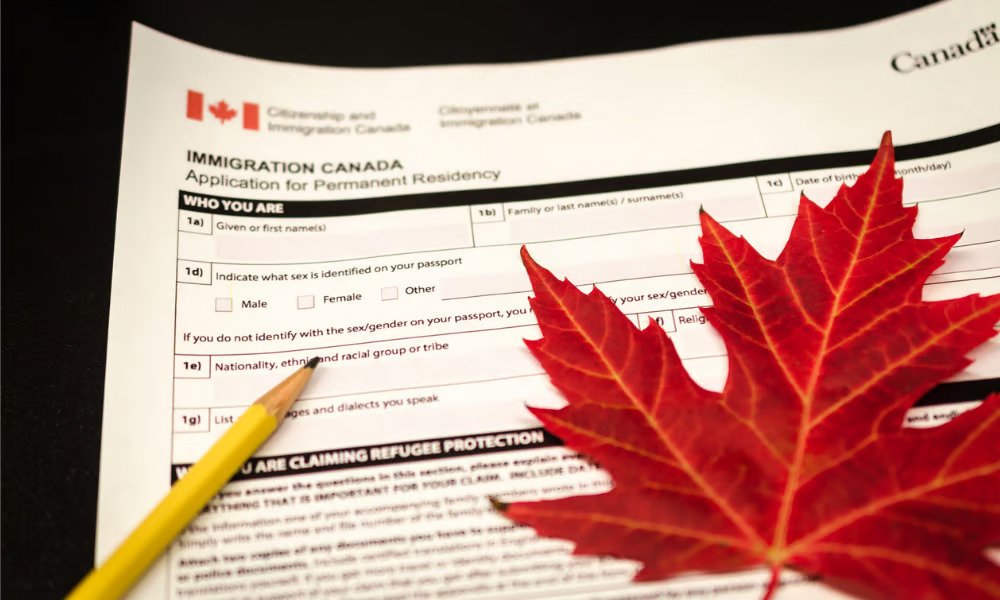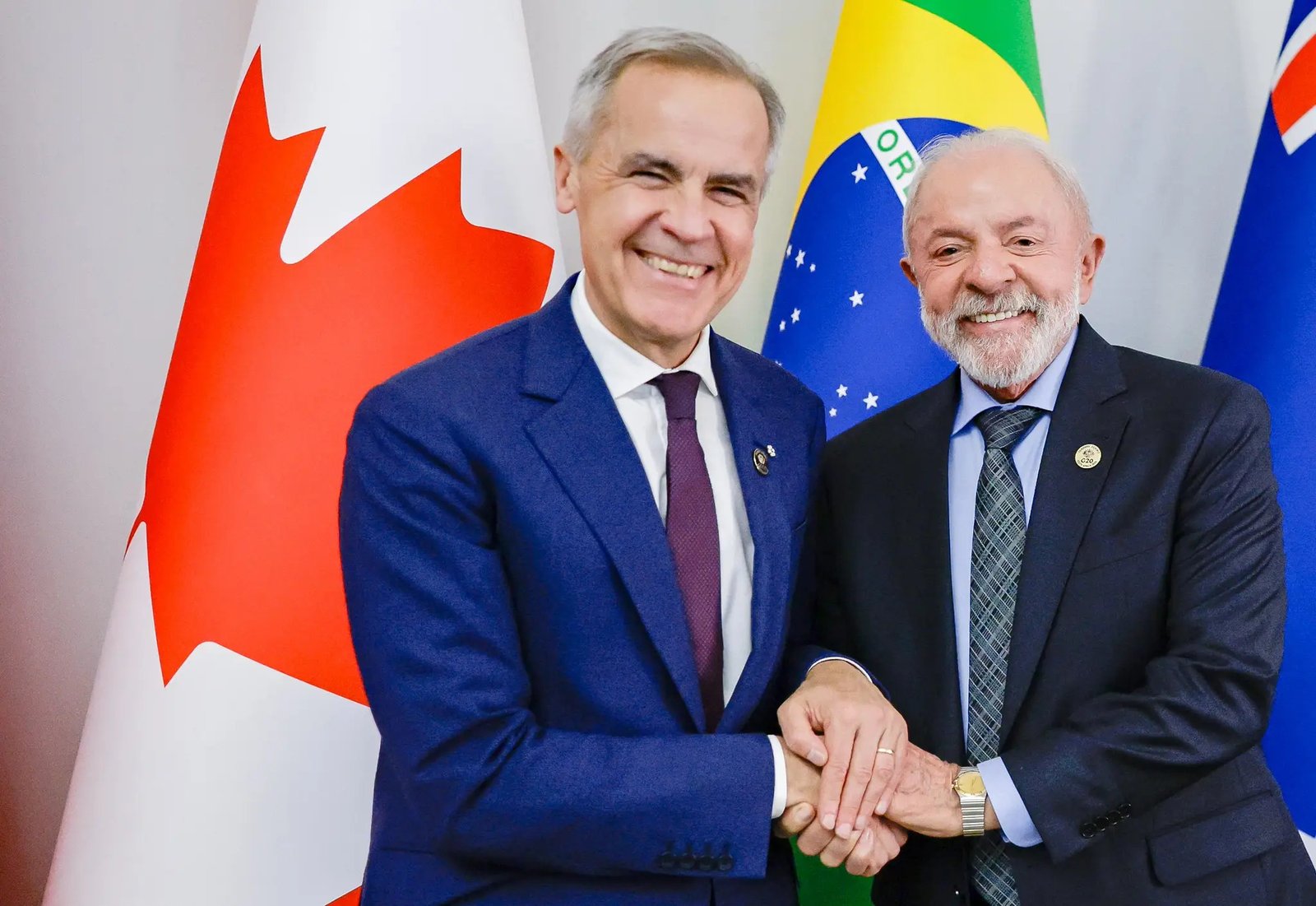The tentative deal brings relief to thousands of public workers and residents who struggled with reduced access to government support.
How the Dispute Started
Public service employees represented by the BC General Employees’ Union launched job action in late summer. Their central concerns involved protection against rising living costs and stronger respect for frontline workers. Many members felt wages lagged inflation for too long.
Because of the strike, several government operations slowed down or faced temporary closures. Numerous British Columbians expressed frustration about delays in services they rely on daily.
What Changed in Negotiations
Mediation intensified during the final eight days of talks. Both sides focused on wage protections and support for essential roles. Negotiators also worked to reduce tensions and rebuild trust.
Finally, the BC government and BCGEU produced a four-year tentative agreement. It includes wage increases that aim to match economic realities. It also strengthens commitments to affordability and fairness for frontline staff.
Who the Deal Impacts
Over 34,000 public service workers now return to their roles. They include sheriffs, wildfire officers, conservation staff, social support employees and administrative workers. Many perform important work that keeps communities safe and supported.
Their return means faster service restoration across the province. Residents expect benefit processing times to improve and backlogs to shrink gradually.
Why the Agreement Matters
This contract gives workers better financial stability in a province facing high costs. It also offers clarity for the government on future spending and labour expectations.
The province avoided further disruptions that could have damaged confidence in essential services. The tone of the agreement suggests labour relations may improve over time.
Next Steps and Ratification Vote
BCGEU members now prepare for a ratification vote. They will review the full contract details during information sessions. Many members want to confirm that promises turn into meaningful protections.
Meanwhile, government leaders say the focus shifts to restoring normal operations. Supervisors must realign schedules and ensure departments serve the public without long delays.
Long-Term Outlook
Labour analysts believe this settlement may reshape future public-sector negotiations. Other unions may push for similar wage protections. The government must balance financial responsibility with worker satisfaction.
Still, both sides view this moment as progress. Public service workers return with renewed recognition. The province gains stability after a long period of disruption.
As services reopen and confidence rebuilds, British Columbia enters a calmer phase of governance. The strike’s resolution signals that compromise remains possible during challenging economic times.




